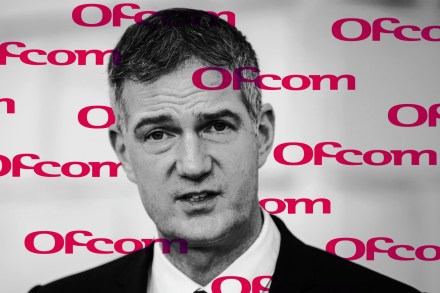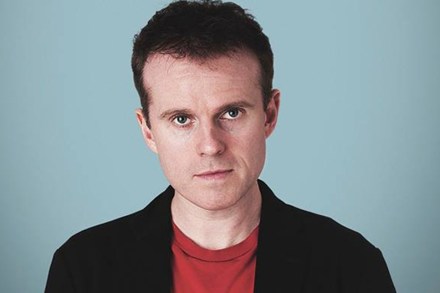A British First Amendment wouldn’t save free speech
Does the United Kingdom need a First Amendment? That’s a question I’ve been thinking about a lot recently, given the government’s unrelenting assault on free speech. If Britons enjoyed the same constitutional protections as Americans, it would have been more difficult to prosecute anyone over the summer for social media posts ‘intending to stir up racial hatred’, the crime for which Lucy Connolly, the wife of a Conservative councillor, received two-and-a-half years last week. The solution is not to pass a new law, but to repeal those laws that limit our freedom of expression But I remain sceptical. For one thing, there’s no mechanism in our constitution for creating a




















